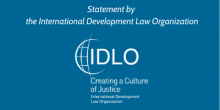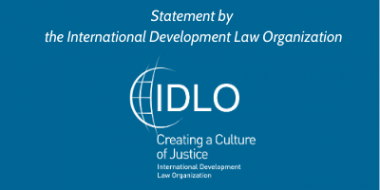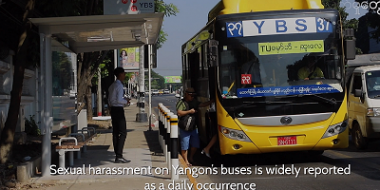During a period of historic democratic transition within Myanmar, the rule of law has emerged as a priority issue. The government of Myanmar has repeatedly emphasized the importance of strengthening rule of law for the development of the country as Myanmar emerges from decades of military rule. However, the legacy of policies that systematically undermined legal education, an independent judiciary and the private legal profession, combined with unchecked power of state officials and widespread corruption, have led to a serious lack of public trust in justice sector institutions and those who are responsible for dispensing justice. Public awareness of the law, and accountability of state actors for enforcing and upholding the law, will take many years of institutional change to achieve.
IDLO has been involved in a number of rule of law and access to justice projects in Myanmar since establishing a presence there in 2013, and established a field office in Yangon in October 2015.












